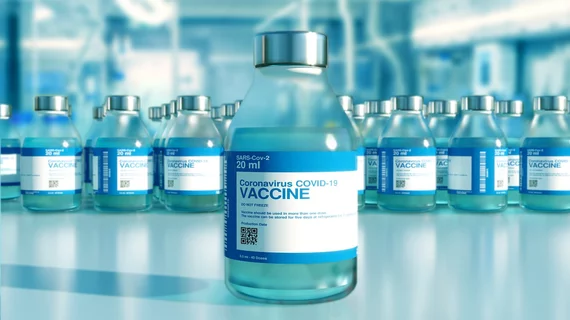Israel will begin offering a fourth dose of COVID-19 vaccine
Israel plans to begin offering certain people a fourth dose of COVID-19 vaccination in an effort to combat the spread of omicron and other variants.
A Health Ministry expert panel said Tuesday that it recommends the additional dose to individuals 60 and older, the immunocompromised and healthcare workers. Those eligible should wait at least four months after receiving their third dose, Reuters reported Dec. 22.
"We are seeing a waning of protection against omicron infection. This wave is growing in surprisingly high numbers... More than 80% of the panel supported this measure," Arnon Shahar, a doctor on the expert panel, told Israel's Army Radio.
Additionally, the panel recommends administering a third dose three months after a second shot, down from the country’s current five month standard.
Health Ministry Director-General Nachman Ash still must approve these new suggestions, Reuters noted, and there’s no timetable for a decision.
Israel’s initial vaccine rollout outpaced that of most other nations and 62% of its population has now received at least two doses. Officials recently took additional actions against the new variant, banning foreigners from entering the country and reducing office attendance by 50% for public employees.
Read the full report below.

